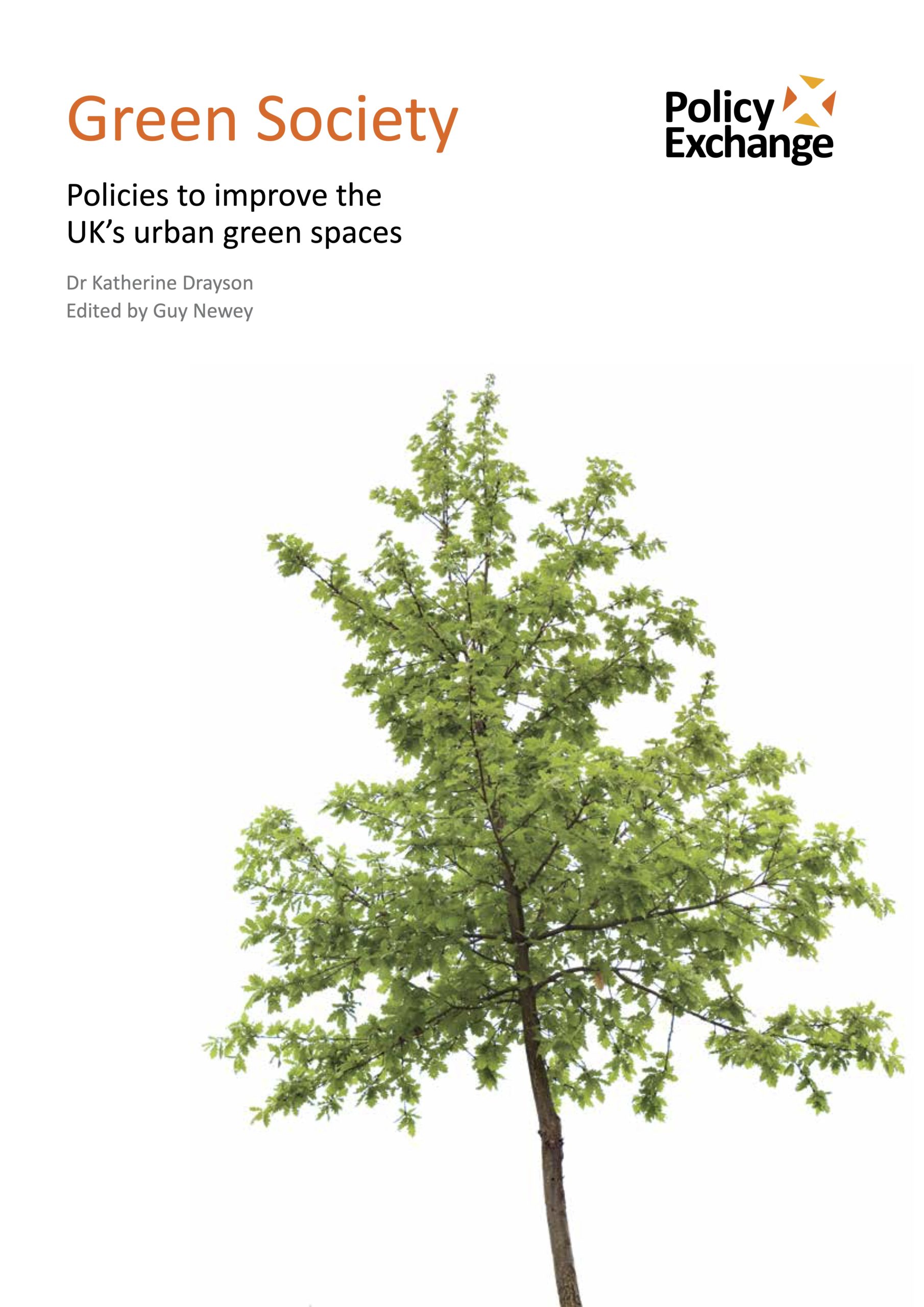
Green Society: Policies to improve the UK’s green spaces
Local authorities should consider rewarding people who volunteer their time to clean up and maintain their local parks, allotments and cemeteries with council tax rebates.
Our report highlights the importance of parks and other urban green spaces to the social and economic wellbeing of the country. Providing free outdoor space for exercise, socialising and relaxation, parks can benefit both physical and mental health. However, on average local authority spending on open spaces was cut by 10.5% between 2010/11 and 2012/13 and there is no ring-fence protecting the budget spent on maintaining green spaces. Combined with the increasing demand for housing and other urban development there is a risk that the UK’s parks will deteriorate or become spaces that are the preserve of the wealthy.
The paper suggests a wide range of proposals to improve local green spaces including the idea of a full or partial council tax rebate for local residents who join civil or community groups and volunteer to maintain and improve nearby green spaces. The rebate could be worth as much as £1,500 a year, the average amount of council tax paid by people across the country. Local authorities could set the discount rate themselves, basing it on hours spent volunteering or setting a minimum number of hours necessary for volunteers to qualify for the rebate. This would not only provide a solution to the declining number of park rangers but would encourage people of all ages, backgrounds and income groups to become actively engaged in their local communities.
The report suggests a number of other innovative ways to protect and improve the UK’s urban green spaces at a time of squeezed local authority budgets:
- Ecotherapy. The Department of Health should run a series of pilots allowing GPs to refer patients to non-clinical sources of support to improve their mental and physical health. These could include encouraging patients to join a physical fitness class held in a local park. The patient would pay the standard prescription charge and the Clinical Commissioning Group would fund the remainder of the course, with the class organisers paying the local authority a fee as part of an agreement to hold classes in a public green space.
- Park Levy. Residents should be given the ability to vote on whether to raise a compulsory levy on properties within a set distance from a park or urban green space. Collected by the local authority on top of council tax, the levy would be directed into funding the maintenance of green spaces. Exemptions would apply to people unable to afford the levy. This system is already in practice in parts of London, including Wimbledon and Putney Common.
- Living Legacies. Charities supporting green space maintenance and regeneration should be made eligible beneficiaries of Living Legacies, through which a donor can receive an annual income from a trust for a specified period (for example, until death), after which the remaining capital value of the trust, which is tax exempt, goes to the specified charity.
- Developer endowment. New green spaces which are planned as part of a new housing development, for example, should be required to include a long term funding plan which may include endowments part funded by developer contributions as part of the planning application.


